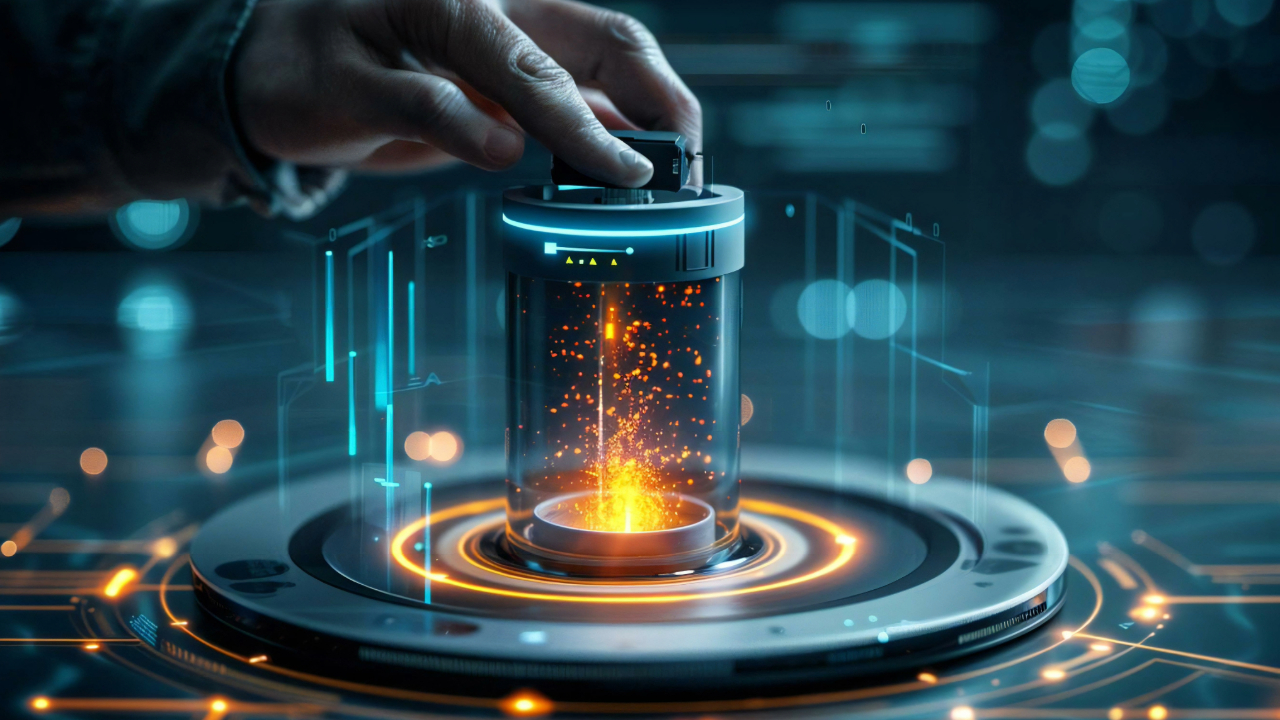Compare the long-term costs of solar panels vs traditional energy. Find out which option saves more over time and offers better value for homeowners.
As energy prices continue to rise, many homeowners and businesses are looking for ways to reduce their electricity bills. The debate between solar panels vs. traditional energy is growing, with many wondering if the high upfront cost of solar is worth it in the long run. This article provides a detailed cost comparison over time, highlighting the long-term savings and financial benefits of solar energy compared to traditional power sources.
What is Traditional Energy?
Overview of Fossil Fuels (Coal, Natural Gas, Oil)
Traditional electricity is primarily generated from fossil fuels, such as:
- Coal – A major source of power, but highly polluting.
- Natural Gas – Cleaner than coal but still contributes to greenhouse gases.
- Oil – Used in some regions but expensive and environmentally damaging.
How Traditional Electricity Pricing Works
Electricity prices depend on factors such as fuel costs, supply and demand, infrastructure, and government regulations. As fossil fuel prices rise, so do electricity bills.
Environmental Impact of Traditional Energy
Fossil fuels contribute to carbon emissions, air pollution, and climate change, leading to potential future taxes and increased energy costs.
What Are Solar Panels?
How Solar Energy Works
Solar panels convert sunlight into electricity using photovoltaic (PV) cells. This energy can power homes, businesses, or be stored for later use.
Types of Solar Panels
✔ Monocrystalline Solar Panels – High efficiency, long-lasting.
✔ Polycrystalline Solar Panels – Lower cost, slightly less efficient.
✔ Thin-Film Solar Panels – Flexible and affordable but require more space.
Initial Costs: Solar Panels vs. Traditional Energy
Upfront Costs of Installing Solar Panels
Solar panel installation costs $15,000 – $25,000 for an average home. However, government incentives and tax credits significantly reduce costs.
Cost of Grid Electricity Installation
For traditional energy, the connection fee and installation costs vary by location, but homeowners are locked into monthly payments indefinitely.
Government Incentives and Tax Benefits for Solar
Many countries and states offer solar tax credits, rebates, and incentives, reducing the initial solar investment by 30% or more.
Monthly Energy Bills: Solar vs. Traditional Energy
How Much You Save on Utility Bills with Solar
Once installed, solar panels significantly reduce or eliminate electricity bills. In contrast, traditional energy costs rise over time due to inflation.
Rising Electricity Costs Over Time
Electricity prices have increased by 2-5% annually, meaning traditional energy users pay more each year.
Break-Even Point for Solar Panel Investment
Most homeowners break even in 6-10 years, after which their solar energy is essentially free.
Maintenance Costs Comparison
Solar Panel Maintenance and Lifespan
✔ Solar panels last 25-30 years with minimal maintenance.
✔ Occasional cleaning and inverter replacements may be needed.
Repairs and Maintenance of Traditional Energy Systems
✔ Electrical infrastructure requires periodic repairs.
✔ Rising fuel costs make grid energy more expensive over time.
Long-Term Cost Savings of Solar Energy
| Time Period | Traditional Energy Cost | Solar Energy Cost |
|---|---|---|
| Year 1 | $1,500 | $20,000 (installation) |
| Year 5 | $7,500 | $20,000 |
| Year 10 | $15,000 | $20,000 (Break-even point) |
| Year 20 | $30,000 | $20,000 (Free energy) |
Verdict: Solar panels save $10,000+ over 20 years compared to traditional energy.
Hidden Costs of Traditional Energy
- Fluctuating Fuel Prices – Unpredictable expenses.
- Carbon Taxes and Environmental Fees – Increasing costs over time.
Solar Energy vs. Traditional Energy: Which is More Reliable?
✔ Solar Panels: Depend on sunlight but work with battery storage.
✔ Traditional Energy: Reliable but susceptible to power outages and price surges.
Frequently Asked Questions
How long does it take for solar panels to pay for themselves?
Typically 6-10 years, depending on electricity costs and incentives.
What happens if my solar panels don’t produce enough energy?
You can stay connected to the grid or install battery storage.
Are there financing options for solar panel installation?
Yes! Many companies offer solar loans, leases, and power purchase agreements (PPAs).
Will electricity prices continue to rise?
Yes, due to fuel scarcity, inflation, and infrastructure costs.
Can I go completely off-grid with solar power?
Yes, but you’ll need battery storage and proper system sizing.
Conclusion
Switching to solar energy offers long-term financial savings, environmental benefits, and energy independence. While the upfront cost is higher, the break-even point and lifetime savings make solar panels a smart investment.


